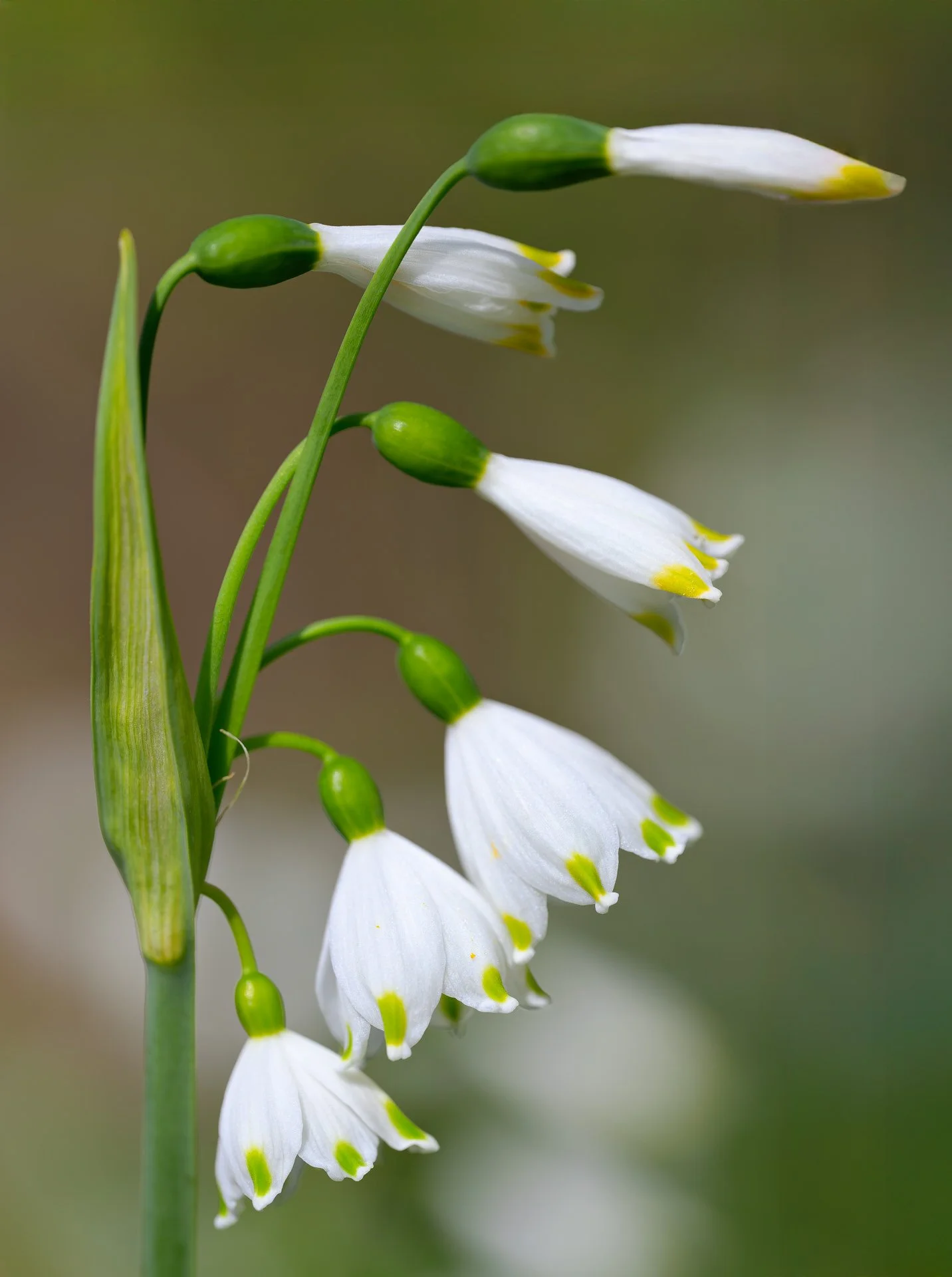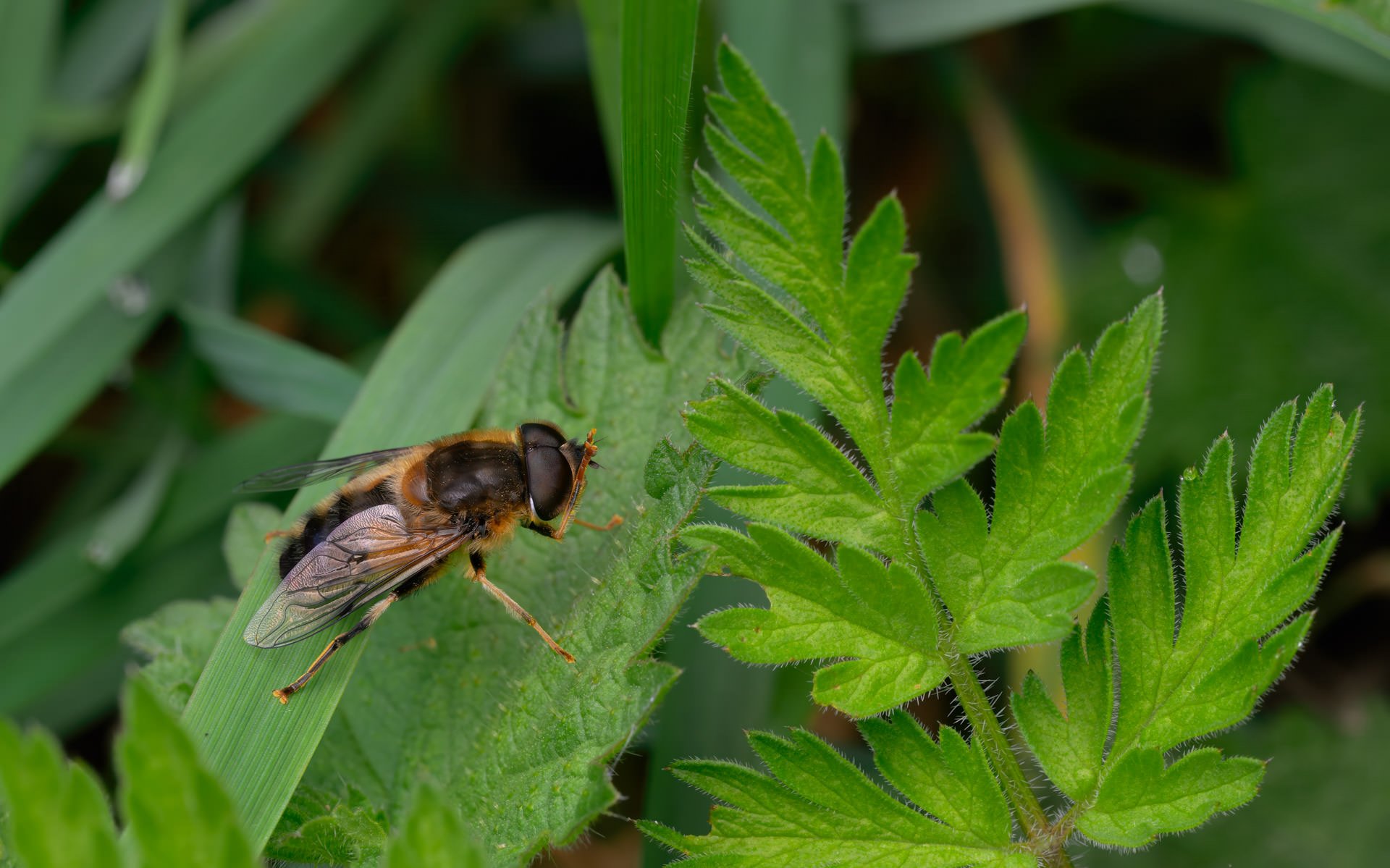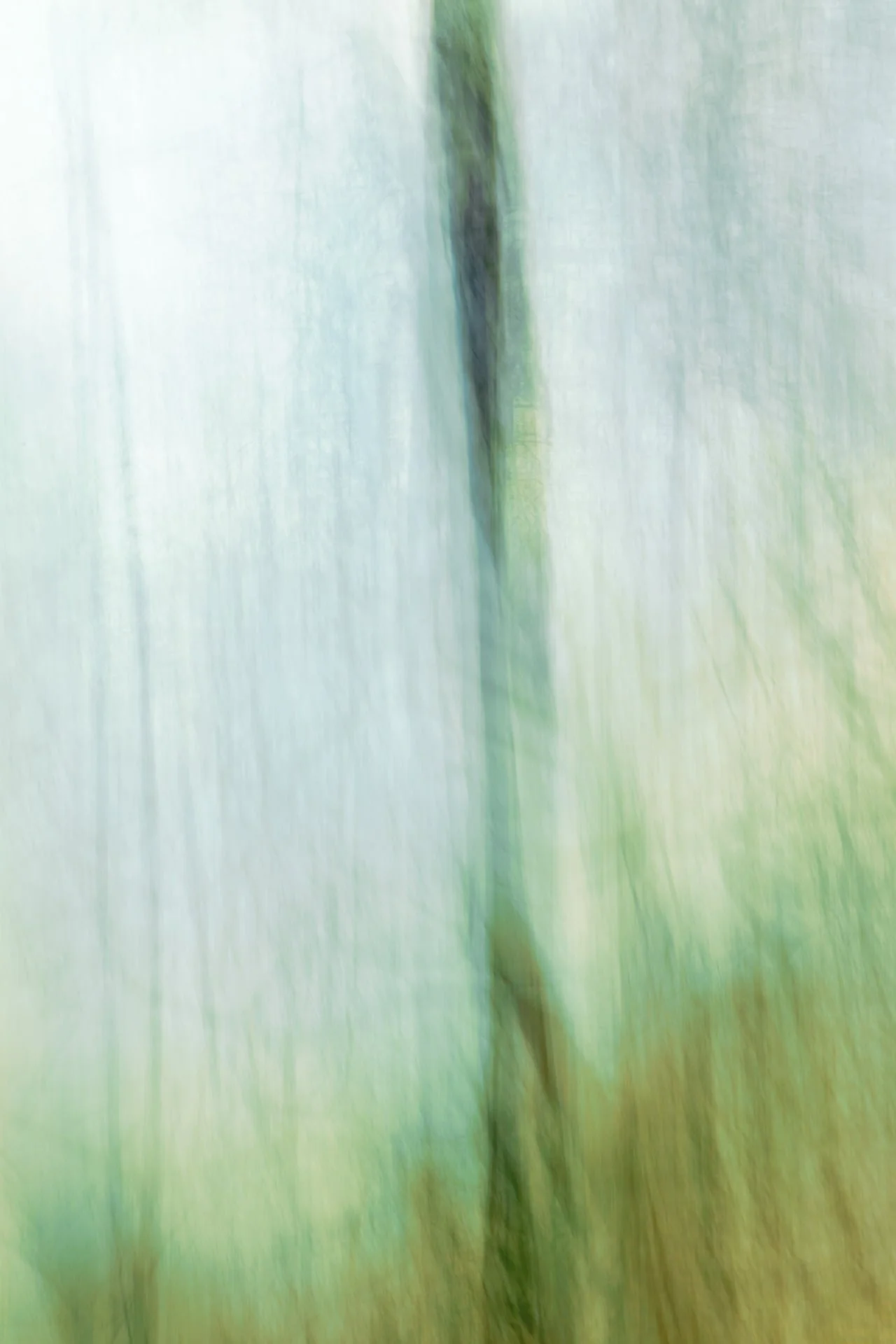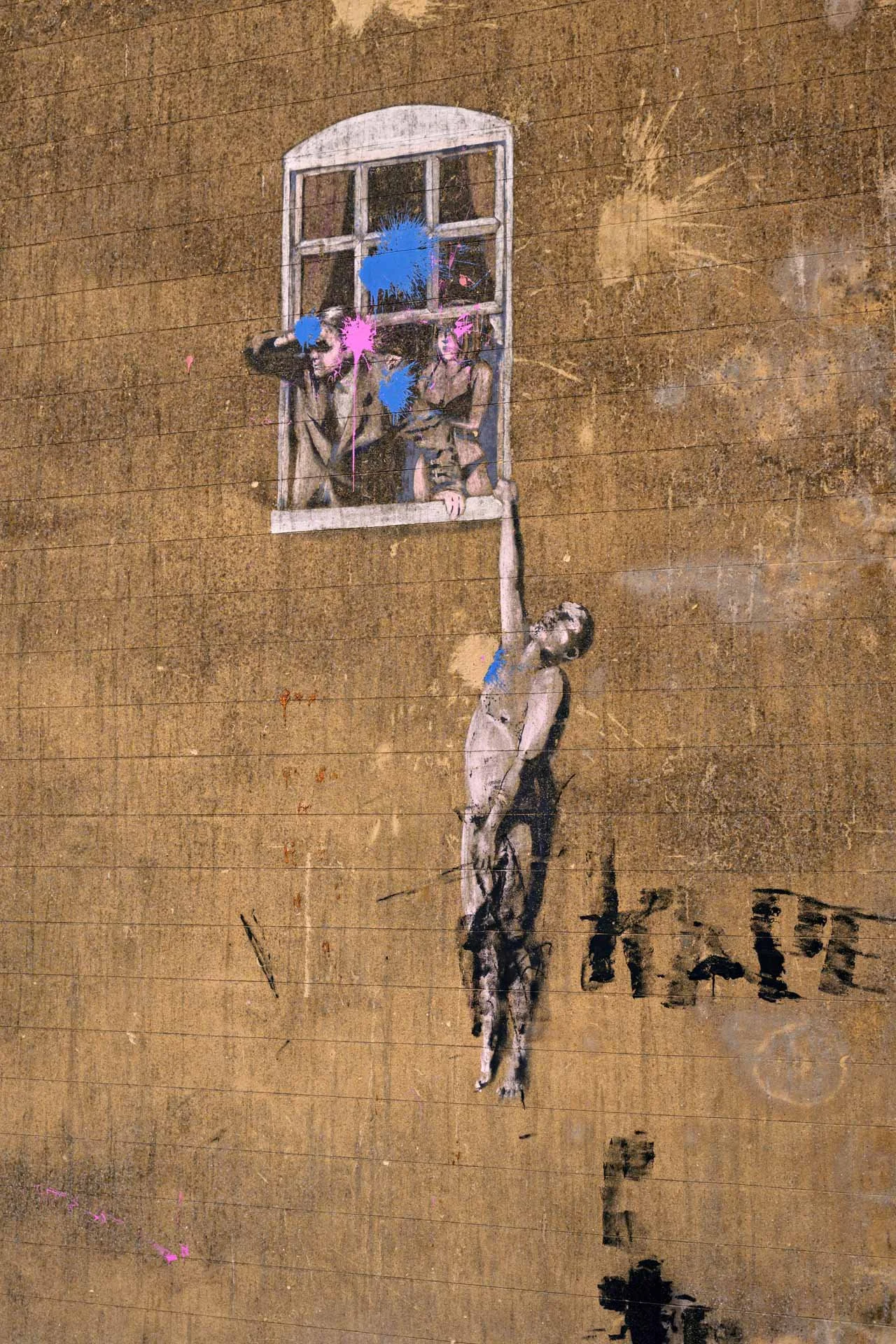The Newt - with an ND filter
A bit of an experimental afternoon at the Newt in Somerset using an ND filter on my 24-70 F2.8 lens, allowing slow shutter speeds, ICM, abstract etc.
Dawn Rise 9th Jan 2025

Another visit to RSPB Ham Wall to see the dawn starling rise. A cold morning with clear sky.
Crazy Ham Wall

It was rather crazy at RSPB Ham Wall last night - so many cars, people and, of course, starlings. I didn’t see any amazing murmurations on this occasion but here are a few images.
Every morning is different

Every morning is different at RSPB Ham Wall - but always interesting. These images are from Dec 19th 2024, including the starling dawn rise.
Starling Dawn Rise 14th Dec 2024
Driving to RSPB Ham Wall we noticed an orange glow in the distance, a bit like a fire. When we parked and walked to oiur viewing location we were amazed to realise that this was the ‘cold’ winter moon, now dropping below the horizon. The video is a reminder of the patient wait and the delight of seeing the starling dawn rise and it’s aftermath as the sun rises and the light increases.
Murmurations 6th Dec 2024

What a lovely day with friends at The Sheppey Inn for lunch and then down to the levels at RSPB Ham Wall to see the starlings. We were not disappointed.
RSPB Ham Wall at Dawn 28th Nov 2024
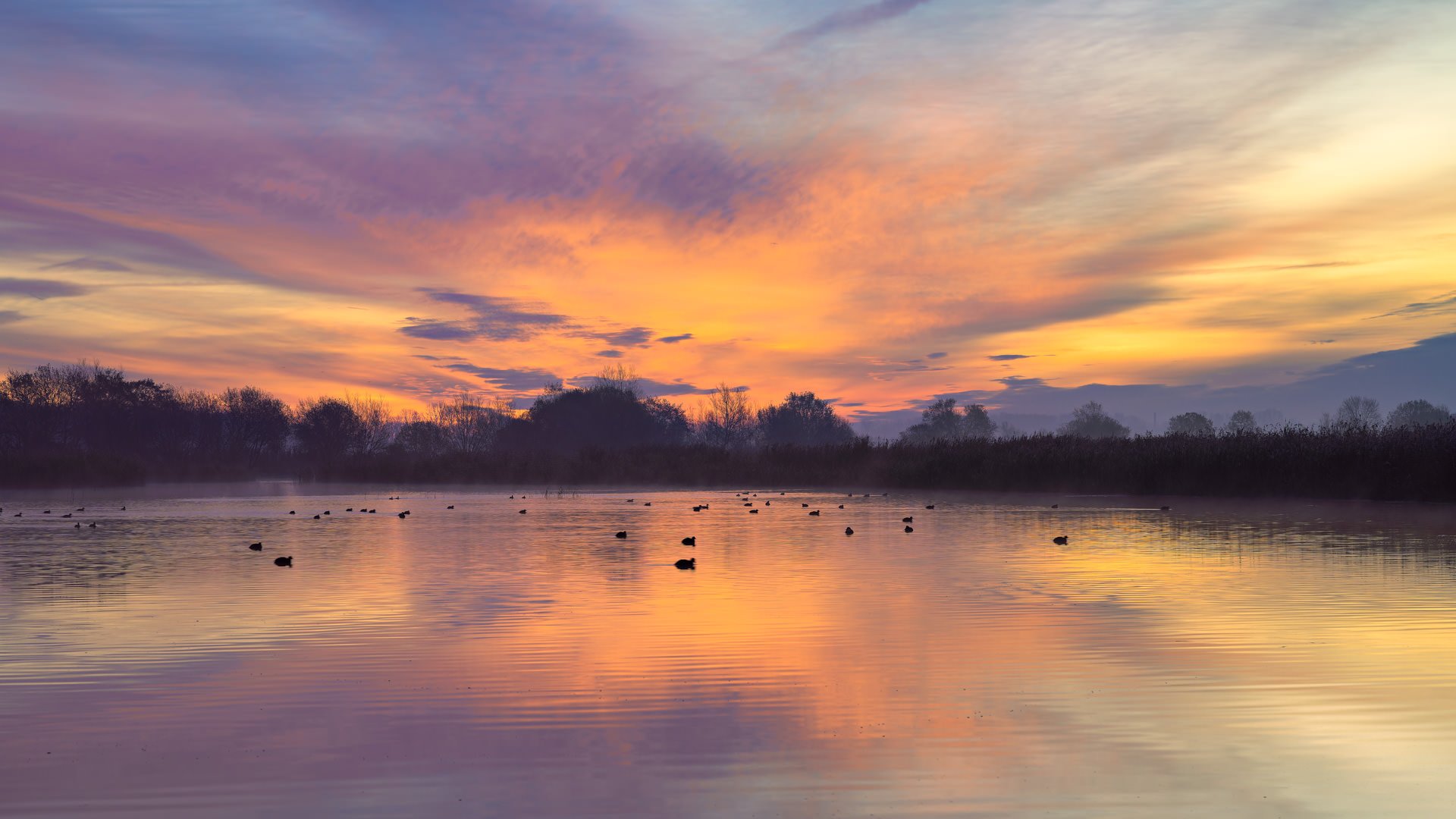
RSPB Ham Wall at Dawn
This is a slow 15-minute video showing one morning of starling dawn rise and then the beautiful colours of the sunrise.
RSPB Ham Wall at Dawn, at this time of year is enchanting. Pull into the car park when it is cold and dark, dressed in multiple layers, and take the long dark path towards the viewing areas and the pools of water and reed beds.
Watch and wait and listen in the quiet with hardly a soul around. This watery world is slowly waking up and at this time of year you will gradually hear the rustling and chattering of the starlings in the reed beds. Then they begin to move about until, at the right time, many thousands rise into the air with a great roar and the sky is filled.
Amazing! Every time is different, there is a certain unpredictability to what will happen ,and it depends where you are at that crucial moment. Meanwhile the sun is rising and, sometimes, beautiful colours fill the sky and are reflected in the water.
What a beautiful and magnificent reality we are part of! I can hardly wait to go again!
Beaver Moon

The Beaver supermoon occurred on November 15th and, not having planned anything especially interesting, I just took a few pictures before and on the day from my back yard.
Starlings at Ham Wall 31st October

This is always a special time of year on the Somerset Levels and especially at Ham Wall where the starlings regularly settle in to and rise from the reed beds. On this occasion it was a nice dry evening with golden light and a small crouid gathered hoping to see murmurations. We were not disappointed and there were quiet gasps of awe as the starlings danced in the sky and settled into the reed beds. I took some still images and then decided to try some video - not having video expertise. I’ll work on that for future occasions.
Kew Gardens

A long planned trip to London to take in the 'How the Light Get's In' festival and also to see some sights was affected by me (?foolishly) taking up some running and managing to injure my right Achilles, gluteus medius and left forefoot and also develop a heavy cold. Ideal then for an enforced slow macro walk or hobble around Kew Gardens. A few natural light mostly macro pictures were of course taken.
Along a path verge at Westhay Moor

A short walk along a path at Westhay Moor, just for about 100 metres, revealed profuse and strange strange hidden life, including the common flower fly (a type of hover fly), root maggot flies (Leucophora), bitter-sweet nightshade (Solanum dulcamara), Harmonia axyridis pupa, European nursery web spiders, cluster flies, Dexiosoma caninum (a tachinid fly), Voria (another tachinid fly), green shield bugs, Ichneumonid wasps, wolf spiders, midge (Tanytarsini), Pericomini mothfly, Dyphus quadripunctorius (a parasitic wasp), common stretch spider and an Arion slug.
Forde Abbey: mostly macro

The former Cistercian abbey and grounds near Chard are such a beautiful location and full of flowers at this time of year. The interior of the historic house/abbey is fascinating and the grounds magnificent…and a macro delight.
Moth Macro+

I am keen to continue to learn how to do close up, macro, extreme macro and microphotography. Here are some images from a first attempt to do some extreme macro with a deceased moth found in the house.





























































